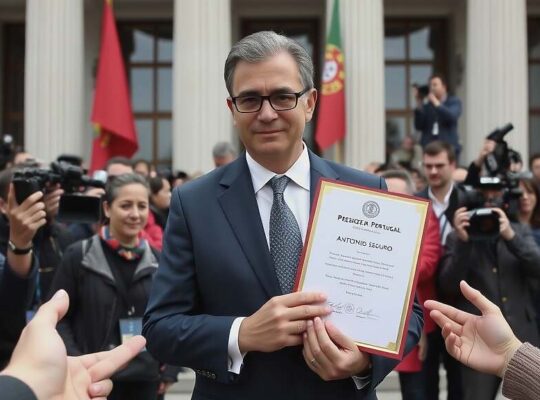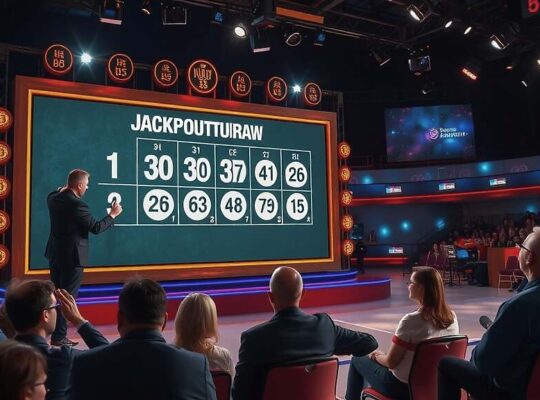Lottery’s Expanding Reach Sparks Debate on Responsible Gambling and National Economies
The latest Eurojackpot draw, held Tuesday evening, yielded winning numbers of 6, 21, 30, 40 and 46, with Euro numbers 3 and 4. This outcome, like all lottery results, carries the inherent caveat of potential inaccuracies, highlighting the operational complexities of such large-scale games.
The odds of securing the jackpot, a staggering 1 in 140 million, underscore the sheer improbability of winning, a point frequently lost amidst the hype surrounding these draws. While the lottery has entertained and, for a few fortunate individuals, provided substantial financial gain since its inception in 2012, the burgeoning participation across 19 European nations raises pertinent questions regarding responsible gambling practices and the potential societal impact.
The format, consistently drawing five numbers from a pool of 50 and two “Euro numbers” from a set of 12, has fostered a pan-European gambling landscape. Yet, criticisms persist. Some economists argue that the lottery effectively functions as a regressive tax, disproportionately affecting lower-income households who are statistically more likely to participate. The substantial sums generated are often earmarked for public projects, a practice that, while ostensibly beneficial, masks the inherent dependence on a system that thrives on chance and often fosters addictive behaviors.
Furthermore, the expanding reach of the Eurojackpot, drawing increasingly diverse populations into its orbit, presents a challenge for regulatory bodies. Ensuring adequate provision of support services for those struggling with gambling addiction is paramount and the current infrastructure is frequently cited as insufficient to meet the rising demand. The draw’s continued popularity demands a more critical examination of its ethical implications and a commitment to mitigating the potential harms associated with such widespread participation.












